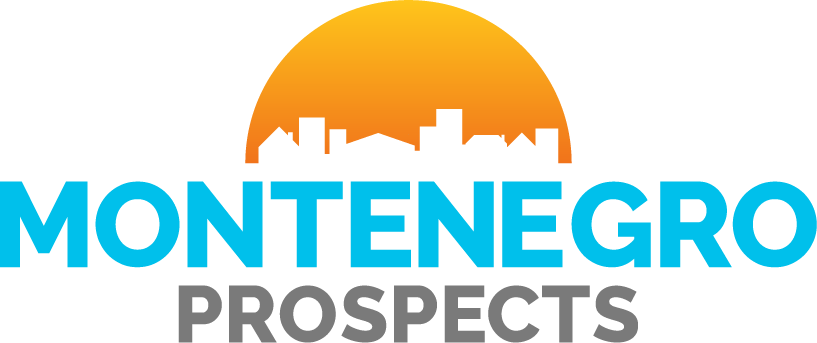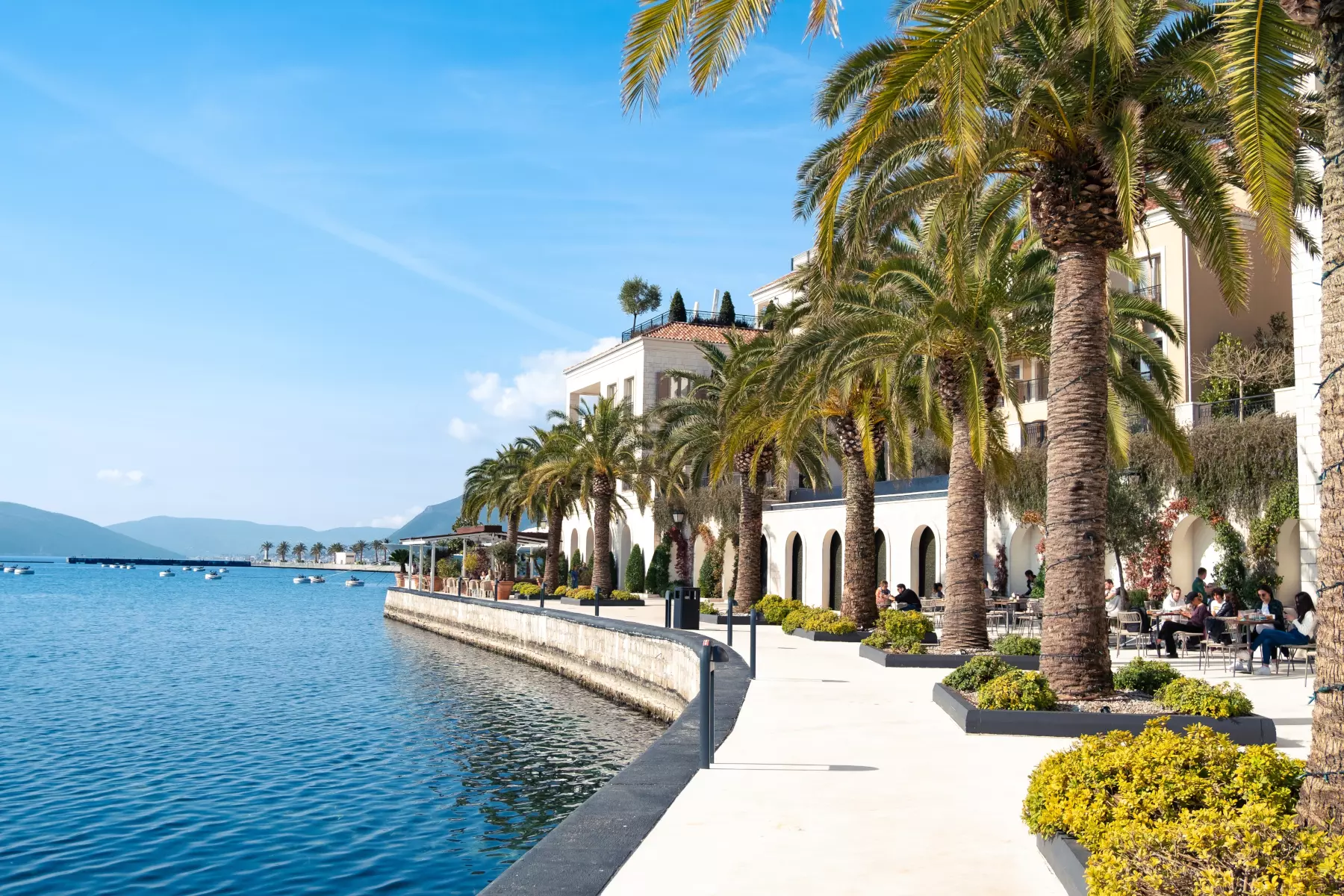Legalisation procedure of illegal structures in Montenegro
The deadline to submit requests for the legalisation procedure of illegal structures in Montenegro expired on the 16th of July 2018. According to the records of the Ministry of Sustainable Development and Tourism (Ministarstvo Održivog Razvoja i Turizma –MORT), 51.158 requests for the legalisation procedure were made by that deadline. About 29.000 have been processed, so far.
It is estimated that most of the structures for which requests were submitted, do not meet the criteria of the legalisation procedure based on the existing Zoning plans.
For a structure to be legalised, it needs to comply with the established zoning parameters – of which the most important and also the most violated – are: floor area ratio, Urbanistic lot coverage ratio, as well structure integration into space where relations to the adjacent structures and building lines often have issues, along with the height of the structure itself.
The legal ownership status of pertinent lots is often questionable or unclear.
A favourable Order of legalisation may be expected only by owners of structures which comply with the basic zoning parameters from the applicable planning document – Detailed Urban Scheme (DUP- Detaljni Urbanistički Plan), have undisputable legal ownership status and have submitted all necessary documents.
The consideration of the requests for the legalisation procedure of structures which do not comply with the zoning and planning document shall cease until a General Regulation Plan is adopted. The expected legal deadline for the adoption is on the 16th of October 2020.
The Union of Municipalities requests to extend the deadline to submit requests for the legalisation procedure until the General Regulation Plan is adopted. This request is applicable exclusively to structures present on the orthophoto of the territory of Montenegro completed in 2018, and not to structures which were subsequently built illegally.
The reasons behind the deadline extension are both the complexity and scale of the procedure as well as the fact that a large number of illegal structures belong to expatriates and foreign nationals who usually visit Montenegro only during summer and therefore were unable to learn about the procedure itself and its deadlines.
Ivan Dašić, CEO of the Real Estate agency Montenegro Prospects from Kotor

